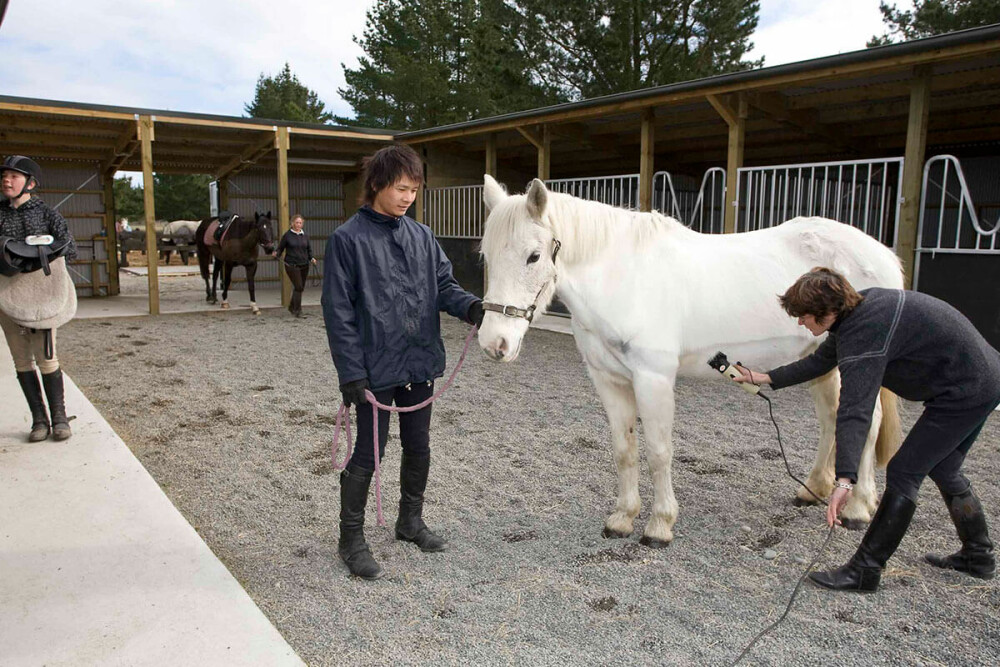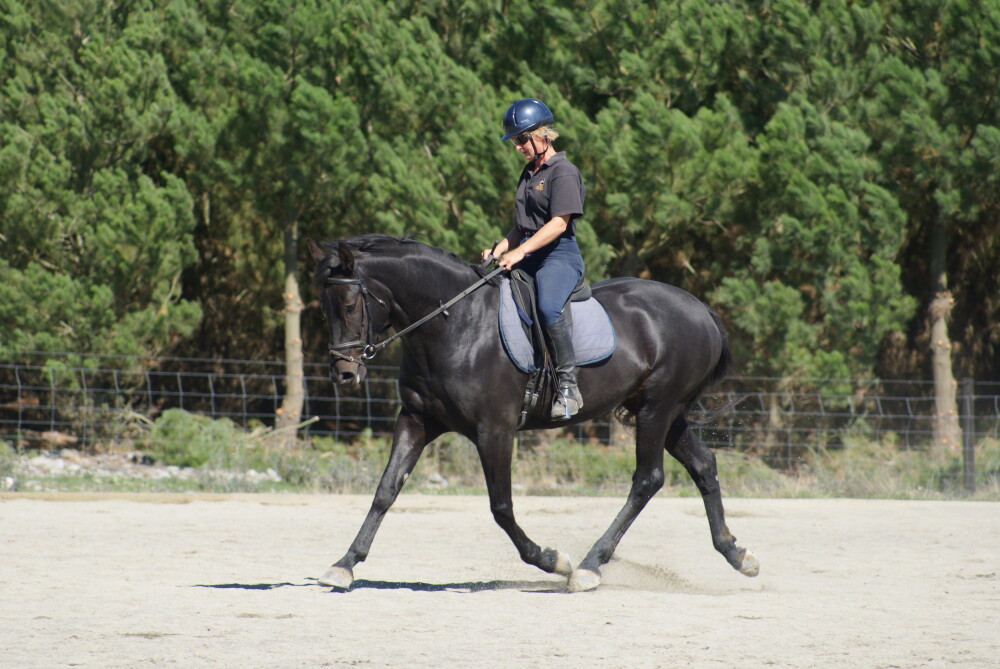This programme is intended for people who wish to develop the skills and knowledge to work as an equine healthcare assistant, or who wish to further their knowledge in this field.
Methods of Delivery
Classroom lectures, practical tuition, practicum/work experience in a suitable animal healthcare environment, and in a clinical veterinary practice, self-directed learning.
Blended option will have most of the theory as self-directed learning with block courses at NTA or other suitable venues for specific practical assessments. Learners will have regular access to tutors online - eg via Teams, Zoom etc. Learners will work with an equine veterinary practice of their choice for Work Experience, and tutors will be in regular contact to check on progress.
Assessment
Competency based assessment. NTA modules are assessed against the module learning outcomes.
Assessment must include a range of life stages, and a variety of breeds and uses of equine.
Compliance with relevant legislation, regulations, and codes of practice, including – Veterinarian’s Act 2005, Animal Welfare Act 1999, Health and Safety at Work Act 2015, Hazardous Substances and New Organisms Act 1996, Resource Management Act 1991, Agricultural Compounds and Veterinary Medicines Act 1997, and the Privacy Act 2020, as well as ESNZ General Regulations and NZPCA General Regulations, applies across all outcomes.

